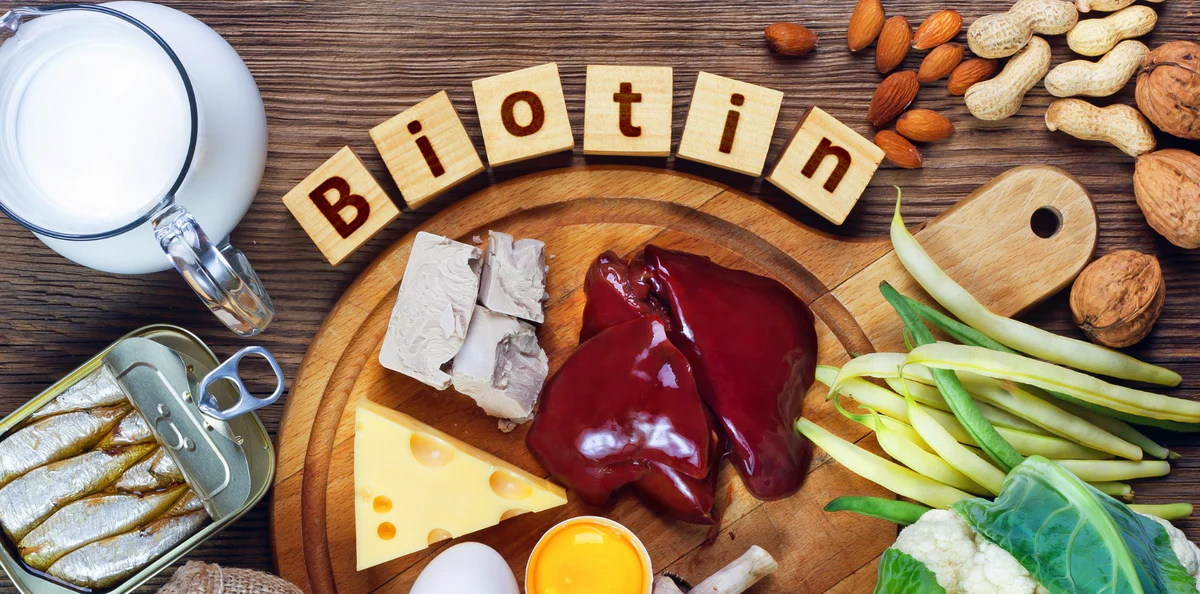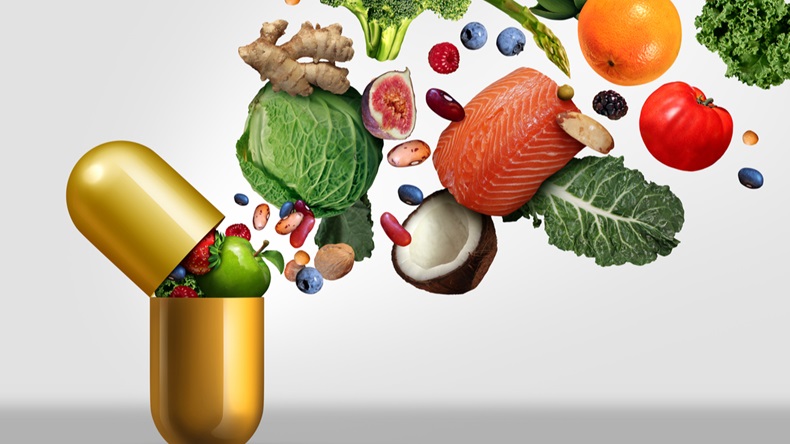Some of the main players in our body are located in the intestine. In fact, about 80% of the body’s immune system is found in the mucous membrane and 70% of our white blood cells are found there. Hippocrates, traditionally considered the father of medicine, said that all ailments begin in the intestines, which is why it is important to focus on what we eat.
THE INTESTINE AND ITS RESPONSIBILITY
The intestine or the Gastrointestinal Passage includes the small intestine and the large intestine. The small intestine is long and narrow and is on average about 7 meters (23 feet) long. The large intestine has a wider diameter, but is shorter than the small intestine with a length of about 1.5 meters (5 feet).

In recent years, awareness of maintaining good intestinal health has increased. The intestine forms the largest colonies of microbes in the human body, with the average adult carrying up to 2 kilograms of bacteria. Composed mainly of bacteria, fungi, viruses and yeasts, these microorganisms form a living control tissue that affects our mood, our weight, our diet and our immunity.
These bacteria have several key tasks that help maintain our body. These include: Assistance in food processing, metabolism of bile acids, sterols and xenobiotics. They also promote digestion, affect intestinal motility and fight ailments while balancing the levels of hormones, vitamins and neurotransmitters.
LIFESTYLE AND NUTRITION
Our lifestyle and our diet play an important role in the diversity of our intestines; when our intestinal microbiota is disturbed, our immunity is reduced, which makes our body vulnerable to ailments and disorders. Things that can affect our gut health include:
high sugar consumption
processed foods
synthetic greases
Antibiotic
contaminated water
Pesticide
persistent organic pollutants
Heavy metals
antibacterial soap
stress and lack of sleep
These factors play a direct role in the development of inflammatory skin ailments such as acne, rosacea, Psoriasis and eczema, and can contribute to aging and glycation or flare-ups in autoimmune ailments.
HOW TO IMPROVE YOUR GUT HEALTH
Already overwhelmed? No need! Although this information may seem almost impossible to a good intestinal health, there are simple changes that we can make to have a positive impact on our health. The first step towards a healthier gut is to eliminate the foods that cause inflammation.
 Junk food, sweet treats, processed foods and foods containing artificial sweeteners or refined carbohydrates should be radically removed from our daily diet. In addition, Gluten, dairy products and even shellfish (rich in iodine) can trigger acne, so these foods should also be consumed in moderation. Choosing gluten-free and dairy-free alternatives can make this lifestyle change easier for you and your family.
Junk food, sweet treats, processed foods and foods containing artificial sweeteners or refined carbohydrates should be radically removed from our daily diet. In addition, Gluten, dairy products and even shellfish (rich in iodine) can trigger acne, so these foods should also be consumed in moderation. Choosing gluten-free and dairy-free alternatives can make this lifestyle change easier for you and your family.
Drinking bone broth — a liquid rich in animal BONES (and often herbs, vegetables and spices)- and/or collagen can help repair our intestinal mucosa and flora. Bone broth can also help repair possible leaks in the lining. The right level of acidity in the stomach is also important for digestive health.
QUICK TIPS FOR ADDING FOODS FOR INTESTINAL HEALTH
Add gut health-promoting foods to your diet to improve your skin health and overall well-being.
Remove inflammatory foods such as sugar and white flour
Moderate consumption of caffeine and alcohol
Drink 30 minutes before eating 1-2 tablespoons of apple cider vinegar, diluted with water to stimulate digestive enzymes
Squeeze half a lemon into the water to support digestive health and reduce inflammation
Add probiotic foods such as yogurt, Kombucha and pickled vegetables to colonize the good bacteria
Choose prebiotic foods such as cabbage, broccoli, avocado and sweet potatoes to nourish the good intestinal bacteria
These intestinal health-promoting foods and liquids help improve the functioning of the microbiota while allowing the growth and activity of good bacteria that live throughout the intestine and keep them healthy. There is also a beauty benefit: these items can improve the lipid barrier and the skin’s immune system.
It is also possible to follow a cleansing diet for three weeks, eliminating Gluten, eggs, dairy products, soy and sugar. Then slowly reintroduce each food with a few days apart. Observe how your body reacts and pay attention.
 See which foods or drinks cause headaches, bloating, discomfort, abdominal pain, or lethargy. When do you feel most balanced, energetic and comfortable? Eating conscientiously and carefully monitoring your body’s reactions can be your best guide. You may even want to keep a daily food diary to notice the patterns.
See which foods or drinks cause headaches, bloating, discomfort, abdominal pain, or lethargy. When do you feel most balanced, energetic and comfortable? Eating conscientiously and carefully monitoring your body’s reactions can be your best guide. You may even want to keep a daily food diary to notice the patterns.



